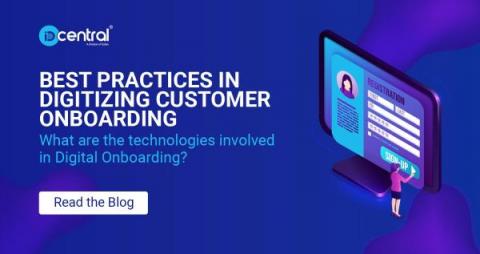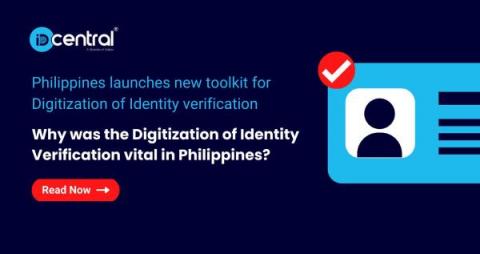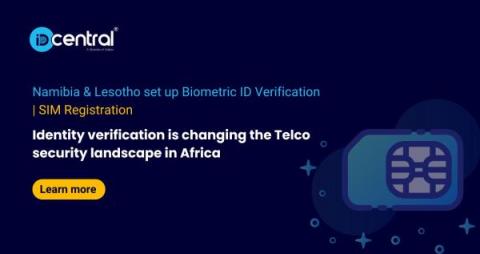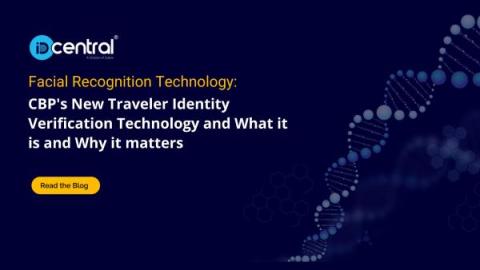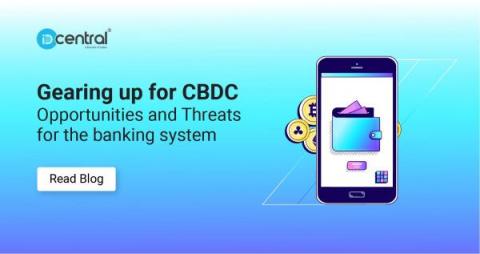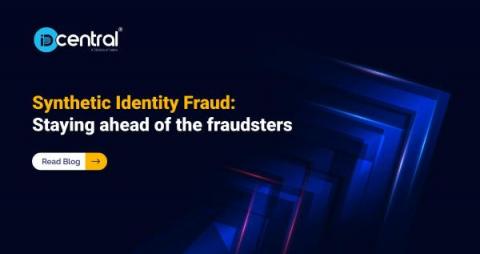What are the best practices in Digitizing Customer Onboarding? What are the technologies involved?
A new client’s onboarding in banking might take days of information gathering, application completion, identity verification, printing or emailing, and waiting for the consumer to sign and return the paperwork. Every day that goes by, increases the likelihood that the consumer may become impatient and discover more rapid competition. Additionally, manual paperwork attracts errors that contribute to costs and delays.


